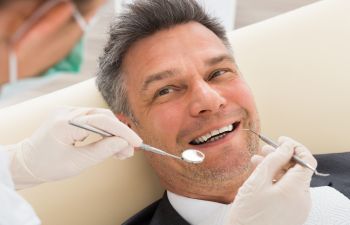TMJ Problems in the Aging Adult

Your temporomandibular joint (TMJ), or jaw joint, plays a critical role in helping you chew your food, yawn and speak. Just like other joints in your body, however, it can be frustrating and even debilitating when this joint is damaged or irritated. When the TMJ suffers excessive strain or malfunction, patients may notice a wide variety of symptoms, including the following:
- Jaw popping or clicking
- Jaw pain
- Difficulty opening and closing the mouth (jaw stiffness)
- Headaches
- Facial pain or ear pain
- Worn teeth
It is necessary to determine the cause of your jaw discomfort before initiating treatment. A large majority of TMD sufferers are patients who grind or clench their teeth at night. This puts more strain on the jaw joint than it is designed to handle, leading to chronic inflammation and pain in the jaw and surrounding tissues. Waking up with a tension headache or sore teeth are telltale signs that you are grinding your teeth while you sleep.
While teeth grinding and TMJ pain can occur at any age, it is common in aging adults. Bruxism (teeth grinding) in adults is often associated with stress but can also be a side effect of certain medications. The jaw can also undergo new strain when teeth go missing and the bite gets out of alignment. Finally, arthritis can be a cause of stiff or painful jaw joints. While we hear about this condition in the knees or hips most often, your TMJ is not exempt from age-related arthritis.
Even if you have never experienced jaw pain in the past, it is important that you seek treatment for TMJ discomfort as an aging adult. Speaking and chewing shouldn’t be limited due to untreated TMJ disorder.
Get relief from our Marietta dentist today. We treat senior patients with state-of-the-art, full service dentistry. Call Dr. Wayne Suway to book your consult.
Posted on behalf of
1820 The Exchange SE, #600
Atlanta, GA 30339
Phone: (770) 953-1752
FAX: (770) 953-6470
Mon - Thu: 8:30 AM – 5:30 PMClosed for lunch: 12:30 PM - 1:30 PM









